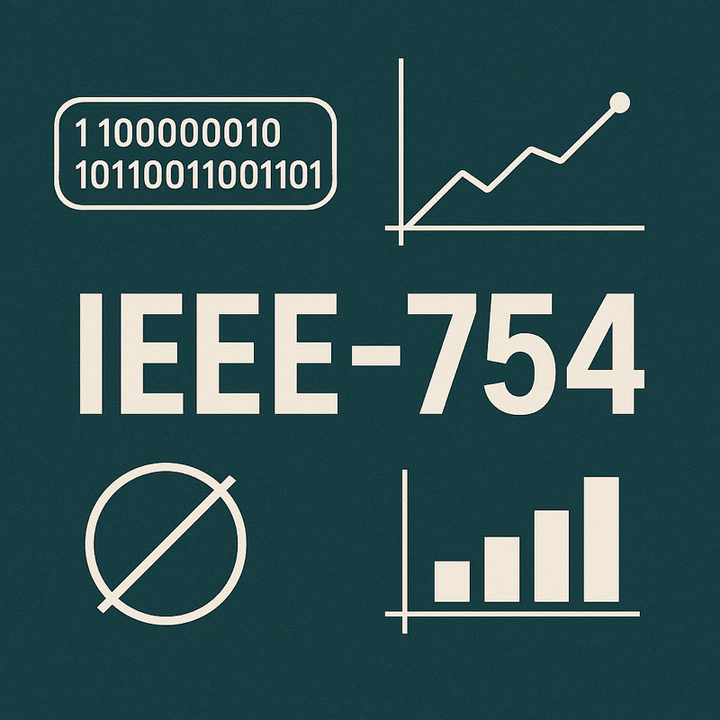How to convert byte array to hex string in Java 1.8
If you like cryptography you might know that sometimes you have a byte array which you wish to convert to hexadecimal string. In java, to this day, I haven’t found yet a native class that does it, I’ve spent several minutes on the Internet looking for something like the Base64 class.
Turns out Apache commons has a class called Hex.java which has all these methods. Thank you Apache!
Anyway, I have extracted just the necessary code to create a class called HexTools.java which contains a method called byteArraytoHexString which does precisely what I need. Here is the class.
/*
* This class was created with the same code contained in Hex.java
* The original class is here:
* https://commons.apache.org/proper/commons-codec/apidocs/src-html/org/apache/commons/codec/binary/Hex.html
*/
public class HexTools {
// Used to build output as Hex
private static final char[] DIGITS_LOWER = {'0', '1', '2', '3', '4', '5', '6', '7', '8', '9', 'a', 'b', 'c', 'd', 'e', 'f'};
// Used to build output as Hex
private static final char[] DIGITS_UPPER = {'0', '1', '2', '3', '4', '5', '6', '7', '8', '9', 'A', 'B', 'C', 'D', 'E', 'F'};
/**
* Converts an array of bytes into an array of characters representing the hexadecimal values of each byte in order.
* The returned array will be double the length of the passed array, as it takes two characters to represent any
* given byte.
*
* @param data
* a byte[] to convert to Hex characters
* @param toLowerCase
* <code>true</code> converts to lowercase, <code>false</code> to uppercase
* @return A char[] containing hexadecimal characters
* @since 1.4
*/
public static String byteArraytoHexString(final byte[] data, final boolean toLowerCase) {
return new String(encodeHex(data, toLowerCase ? DIGITS_LOWER : DIGITS_UPPER));
}
/**
* Converts an array of bytes into an array of characters representing the hexadecimal values of each byte in order.
* The returned array will be double the length of the passed array, as it takes two characters to represent any
* given byte.
*
* @param data
* a byte[] to convert to Hex characters
* @param toDigits
* the output alphabet
* @return A char[] containing hexadecimal characters
* @since 1.4
*/
private static char[] encodeHex(final byte[] data, final char[] toDigits) {
final int l = data.length;
final char[] out = new char[l << 1];
// Two chars form the hex value
for (int i = 0, j = 0; i < l; i++) {
out[j++] = toDigits[ (0xF0 & data[i]) >>> 4 ];
out[j++] = toDigits[ 0x0F & data[i]];
}
return out;
}
}
It is all static so that it can be used without having to create any instances of it. Like so.
import java.util.Random;
public class RandomByteArrayToHexExample {
public static void main (String args[]) {
try {
byte[] b = new byte[64];
new Random().nextBytes(b);
String out = HexTools.byteArraytoHexString(b, false);
System.out.println(out);
} catch (Exception e) {
System.out.println(e);
e.printStackTrace();
}
}
}
The result of executing the code above is the following:
C:\experimentsKeyPairGenerators>java RandomByteArrayToHexExample
5793DF5AE3268C786F9F6A3811678B274F9D19EBA86E68FDB1FCBEC8D85BF0AD75ED49E5EDDFC05641A1B95E91A600CAE104DF76B720062814F25BDB291D0AFF
An array of 64 bytes in length is filled with random values and then converted to a hexadecimal string of 128 chars in length. Just to demonstrate that the method works.
Sources:
